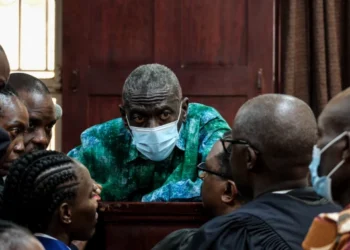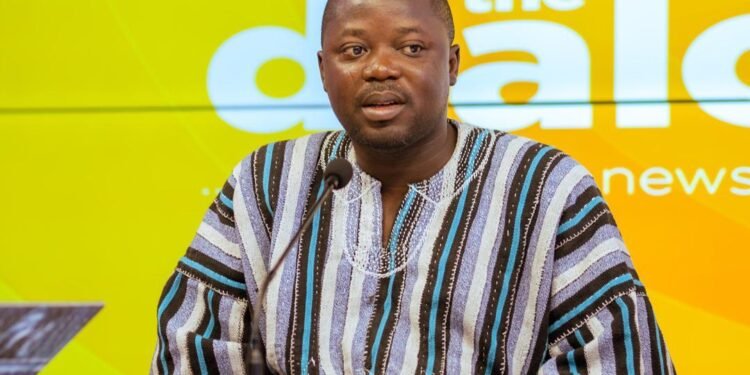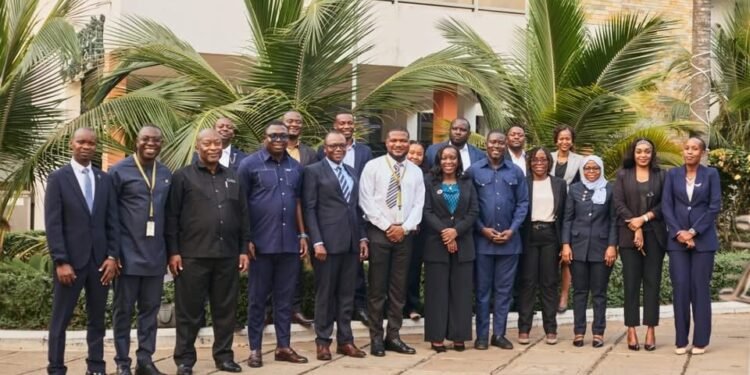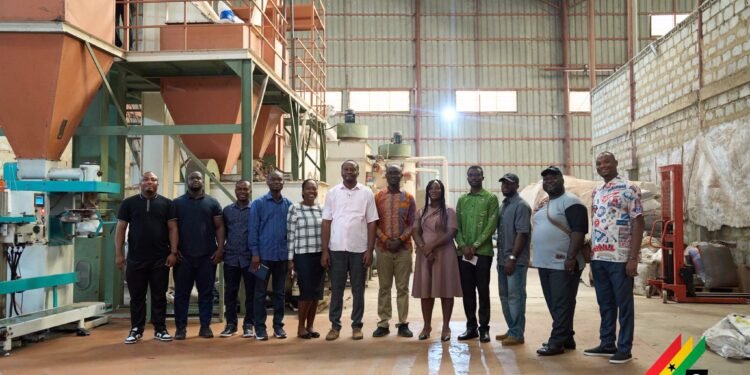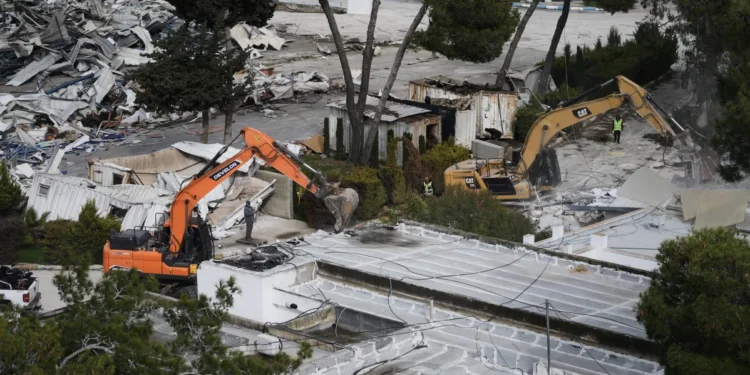President Bola Ahmed Tinubu has declared that his administration is unfazed by U.S. President Donald Trump’s sweeping trade tariffs on Nigerian exports, insisting that his government is resilient and prepared to withstand external economic pressures.
Tinubu made these remarks while hosting members of The Buhari Organisation, led by former Nasarawa State Governor, Senator Tanko Almakura, during a solidarity visit to the Presidential Villa in Abuja.
The President pointed to Nigeria’s improving fiscal landscape as evidence that the nation has developed strong buffers against global market shocks. “If non-oil revenue is growing, then we have no fear of whatever Trump is doing on the other side,” Tinubu stated.
He emphasized that Nigeria had already surpassed its 2025 revenue target as of August and noted signs of stability in the foreign exchange market. The naira, once trading at N1,900 per dollar, has appreciated to around N1,450 after his administration unified the exchange rates in May 2023.
Trump’s second term has been marked by radical trade policy changes under his “America First” agenda. On April 2, 2025, during his Liberation Day policy announcements, he introduced a 10 percent baseline tariff on nearly all imports, along with sweeping reciprocal country-specific levies ranging from 11 percent to 50 percent.

Nigeria, like other sub-Saharan nations, has been directly impacted. A 14 percent tariff on Nigerian exports announced in April was increased to 15 percent, effective August 7. While oil and gas have been exempted, the new measures have disrupted global energy markets, dampening demand flows for crude oil, gasoline, and diesel.
Party Unity Ahead Of 2027 Elections
Tinubu further defended his administration’s agricultural reforms, highlighting a nationwide mechanisation initiative designed to secure food supply and strengthen economic resilience. “If we remove hunger, we have defeated poverty,” he said, underscoring food security as the cornerstone of Nigeria’s recovery strategy.
The meeting also provided a reflective moment as Tinubu recounted internal disputes with the late former President Muhammadu Buhari during the early days of the All Progressives Congress (APC). He revealed that even the choice of the party logo had been contested.
“We disagreed to agree…We even argued over a symbol. He (Buhari) insisted on parliament, and I insisted on broom,” Tinubu recalled. Amid laughter, he added, “He’s so stubborn.”
The gathering drew northern political figures, including Katsina State Governor Dikko Radda and former Governor Aminu Masari. Analysts view the event as a potential consolidation of party ranks as the APC prepares for the 2027 general elections.
The APC itself was officially established in February 2013 following a merger of four opposition parties: the Action Congress of Nigeria (ACN), the Congress for Progressive Change (CPC), the All Nigeria Peoples Party (ANPP), and a faction of the All Progressives Grand Alliance (APGA).
At the time, Tinubu, who led the ACN and served as Lagos State Governor, played a central role in negotiations, while Buhari championed the CPC’s involvement. According to Tinubu, cultural and ideological differences often caused friction during the merger process, but ultimately, the broom was chosen as the party’s emblem. Party leaders said it symbolised collective action against corruption and bad governance.
That coalition went on to make history, unseating the long-ruling People’s Democratic Party in the 2015 elections and ushering Buhari into office.
Today, Tinubu faces new challenges of maintaining unity within the APC while steering Nigeria through volatile global markets. Yet his message remains clear: his administration will not be deterred by Trump’s tariffs or by external pressures threatening Nigeria’s economic trajectory.
READ ALSO: Akwatia By-Election: Exit Poll Unveils Reasons For NPP Defeat




